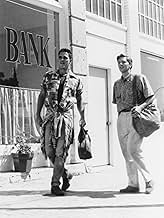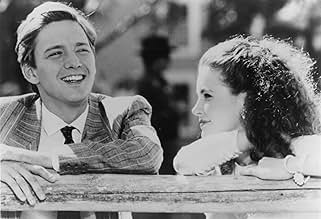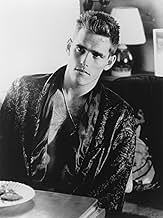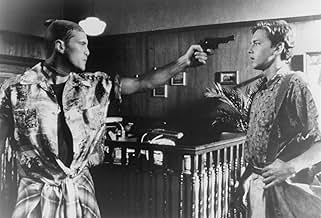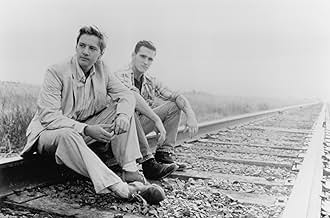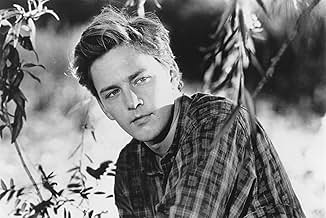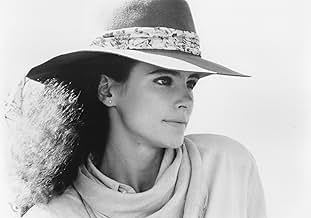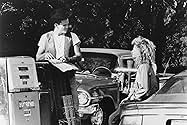Two strangers find themselves in a small Kansas town. Matt Dillon, the bad boy, constrains the other guy to a bank robbery, and this and the resulting problems with a police search, hideaway ,sharing the money etc. makes up the story. Don't want to get into details, so you have more of this movie. I was surprised about the low rating and the classification of this movie as thriller. Because it is definitely no thriller!! The beginning and the first half are hilarious!! The whole background of Kansas and a small town is wonderful, and is not only nice to watch, but becomes part of the story. The pace is high and Matt has some great comedian moments in it, really funny!! I could go on and on about the wonderful first half. At this time, the movie is definitely a 7, and with more work effort, it would have become more, but that's hypothetically. The second half is far worse. Matt character can't decide if it is evil or crazy,the whole love story is too much,no surprising elements and the pace becomes far too slow. At the end i gave it a 7, but the second half is a 5. Nonetheless it's worth to watch it, because there are not many movies out there, which can profit so much from a background.


